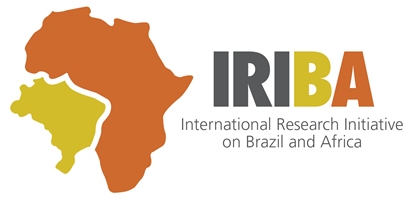After President Lula made South-South cooperation a priority, Brazil began to enhance its relationships with African countries using a variety of channels.
Brazil opened 35 new embassies across Africa during his tenure, with ambassadors taking a proactive role in developing ties. Combined with Brazil’s impressive development performance, this has created real demand from African governments to learn more about Brazil’s innovative social programmes.
In addition to working together on a bilateral basis, Brazil has increasingly looked to structure its South-South cooperation with the help of international organisations. The World Food Programme’s Centre of Excellence Against Hunger, based in Brasilia and staffed largely by Brazilians, is particularly notable.
The Centre has recently released a video that shows how the theory of South-South cooperation is turned into practice. I was particularly impressed with the level of follow-up support provided to other countries. This is much more than just a study tour, with real commitment (on both sides) to putting Brazilian ideas into practice in countries like Ethiopia and Malawi:
Read more on the recent work of the Centre for Excellence.

Really interested to hear about the mutual learning aspect embedded in Brazil’s approach, and the very well thought-through processes being described in the video for enabling this. This is something we are also working on in the IDS Rising Powers in International Development programme, for example through our Senior International Associates programme.(https://www.ids.ac.uk/project/senior-international-associates-programme-and-mutual-learning).
Those reading this may also be interested in this perhaps slightly less upbeat analysis by Brazilian researcher, Bianca Suyuma on Brazil’s approach to development cooperation
http://www.globalisationanddevelopment.com/2014/07/brazilian-development-cooperation.html